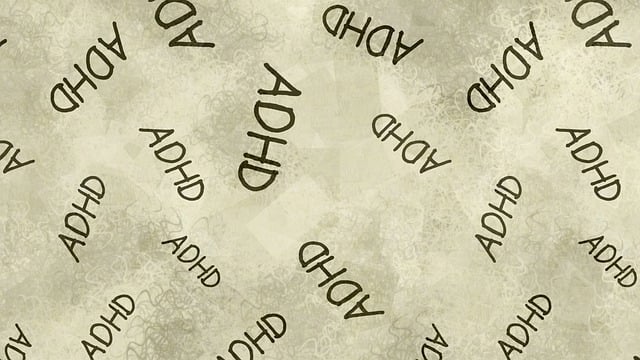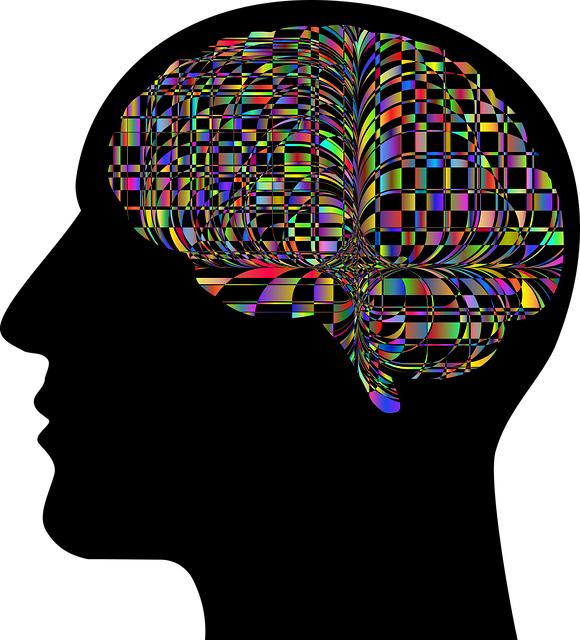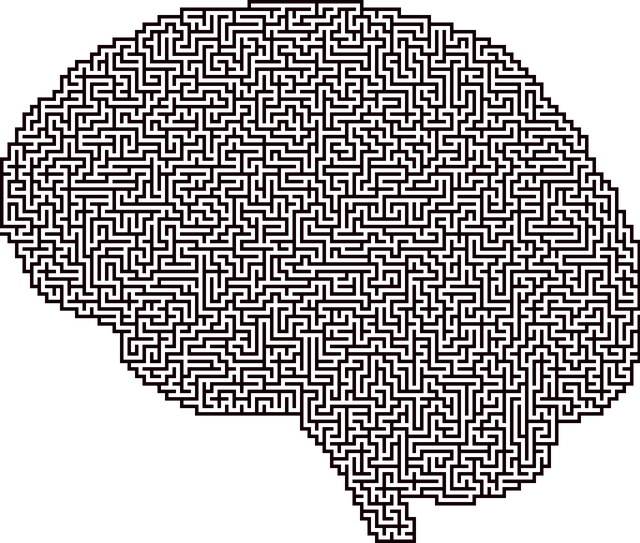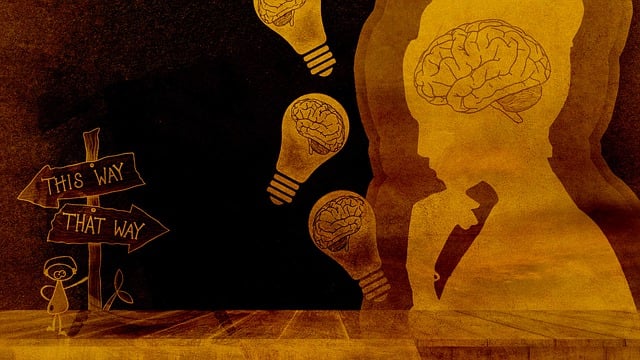Anger management issues in older adults are exacerbated by physical health problems, cognitive changes, isolation, and financial worries. Unmanaged anger can lead to increased stress, strained relationships, and health complications. Specialized therapy for elders focused on anger management using evidence-based practices like Cognitive Behavioral Therapy (CBT) is crucial. These programs teach empathy, emotional intelligence, and healthier coping mechanisms through tools like mindful breathing, journaling, non-violent communication, and group support. Mental wellness coaching and community outreach programs further enhance the well-being of seniors managing anger, fostering resilience and a sense of belonging.
Coping skills development is a vital aspect of elderly care, especially in managing anger. As our population ages, understanding and addressing the causes and impacts of anger in elders becomes increasingly crucial. This article explores effective strategies, including therapy options tailored to their needs, to help seniors cope with and express anger constructively. By delving into specific techniques and practical implementations, we aim to empower caregivers and families with tools to enhance the quality of life for elderly individuals, focusing on the therapeutic benefits of anger management.
- Understanding Anger in Elders: Causes and Impact
- The Role of Therapy in Anger Management for Elderly Individuals
- Effective Coping Skills to Manage and Express Anger Constructively
- Practical Strategies for Implementing and Sustaining Positive Coping Techniques
Understanding Anger in Elders: Causes and Impact

Anger is a complex emotion that can manifest differently in elders, often requiring specialized understanding and coping strategies. As people age, various factors contribute to increased feelings of frustration and irritability. These include physical health issues, cognitive changes, social isolation, and financial worries. Many older adults may struggle to express their anger healthily, leading to potential negative impacts on both their mental wellness and overall quality of life. Unmanaged anger can result in heightened stress levels, strained relationships, and even physical health complications.
Therapy for elders focusing on anger management plays a vital role in promoting mental wellness. Through evidence-based practices, professionals help individuals recognize and process their anger constructively. This involves teaching empathy-building strategies and compassion cultivation practices to enhance emotional intelligence and understanding. The Mental Wellness Podcast Series Production can offer valuable insights into these techniques, while Empathy Building Strategies and Compassion Cultivation Practices are essential tools for fostering healthier interactions and improving the overall well-being of elders in managing their anger.
The Role of Therapy in Anger Management for Elderly Individuals

For elderly individuals dealing with anger management issues, therapy plays a pivotal role in fostering effective coping strategies. Many elders struggle to express their feelings constructively, often due to societal norms and age-related cognitive changes. Traditional talk therapy provides a safe space for them to explore and understand their emotions, particularly in managing long-standing resentment or frustration. Techniques such as cognitive behavioral therapy (CBT) are tailored to address anger’s underlying triggers and replace negative thought patterns with healthier alternatives.
Community outreach programs, integrated with mental illness stigma reduction efforts, can further enhance the therapeutic experience for elderly clients. These initiatives ensure accessibility to care by offering group sessions that encourage peer support and resilience building. Through shared experiences, elders find comfort in knowing they are not alone in their challenges, fostering a sense of belonging and empowering them to manage anger in more adaptive ways.
Effective Coping Skills to Manage and Express Anger Constructively

Anger is a normal human emotion, but when it becomes unmanageable, it can lead to problems in relationships and overall mental wellness. For elders, developing effective coping skills to manage and express anger constructively is essential for maintaining a sense of control and enhancing their quality of life. Therapy for Elders focused on anger management often incorporates techniques from cognitive-behavioral therapy (CBT) to help individuals identify triggers, challenge negative thought patterns, and learn healthier ways to respond to anger.
Mental wellness coaching programs can play a significant role in this development by providing tailored support and guidance. Through these programs, elders gain valuable tools for resilience building, allowing them to navigate challenging situations with more ease. By focusing on mental wellness, these initiatives not only help manage anger but also foster a sense of self-awareness and emotional intelligence, leading to improved relationships and overall well-being.
Practical Strategies for Implementing and Sustaining Positive Coping Techniques

Developing positive coping techniques is a powerful tool for anyone, especially elders navigating life’s challenges. Implementing and maintaining these strategies requires practical approaches that suit individual preferences and needs. One effective method is incorporating self-awareness exercises into daily routines. These can include mindful breathing practices or journaling to reflect on emotions, helping individuals understand their triggers and responses. For instance, a simple 10-minute mindfulness meditation each morning can set a calm tone for the day.
Additionally, therapy for elders can offer valuable insights into anger management techniques. By learning to recognize and express anger healthily, individuals gain control over their emotional reactions. This might involve teaching non-violent communication skills or providing safe outlets like physical activity or creative pursuits. Encouraging social connections and group activities also foster a sense of belonging and well-being, promoting the development of inner strength.
Coping skills development plays a pivotal role in helping elderly individuals manage anger effectively. By understanding the causes and impacts of anger in elders, leveraging therapy as a powerful tool for anger management, and adopting constructive ways to express and channel anger, we can significantly enhance their quality of life. Practical strategies for implementing and sustaining positive coping techniques are essential to ensure these skills remain effective over time, fostering better mental health and overall well-being for the elderly population. Incorporating these insights into care plans can revolutionize anger management in therapy for elders, creating a more peaceful and fulfilling environment.








